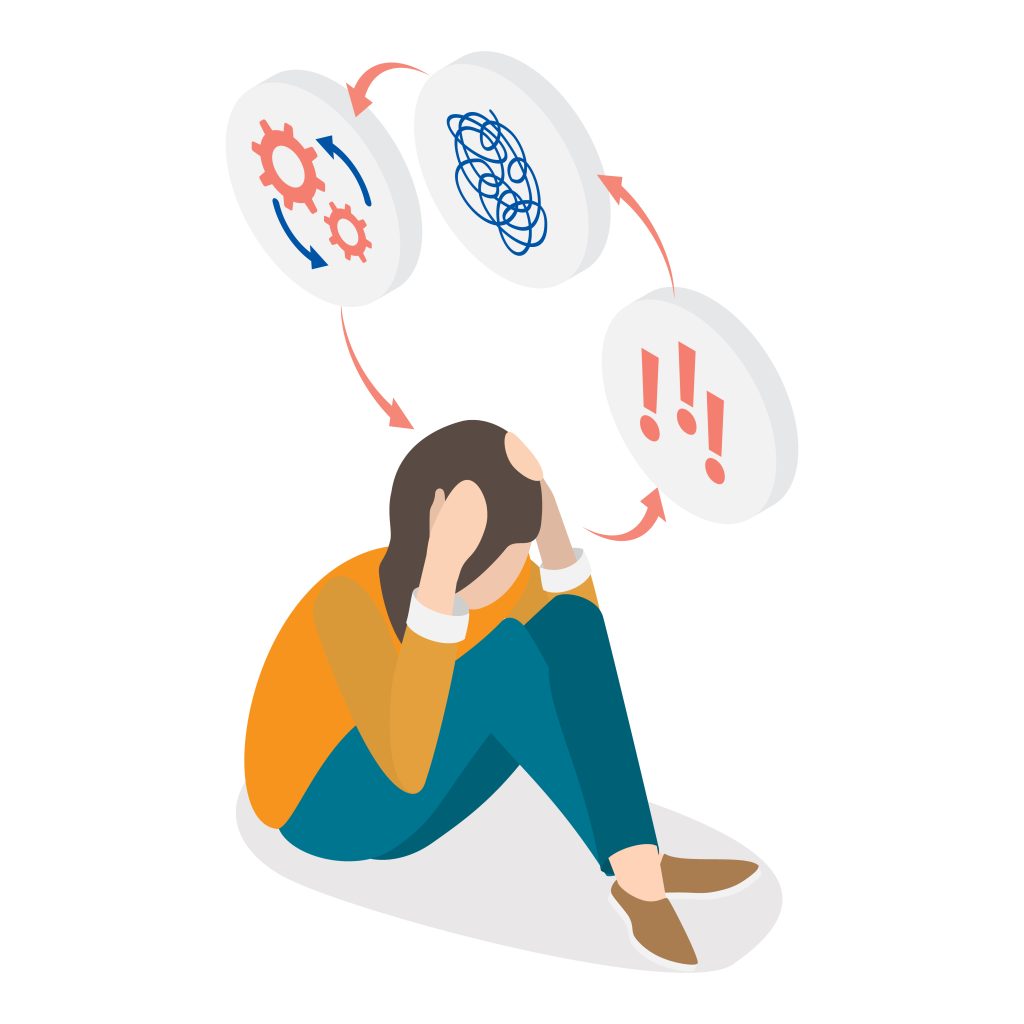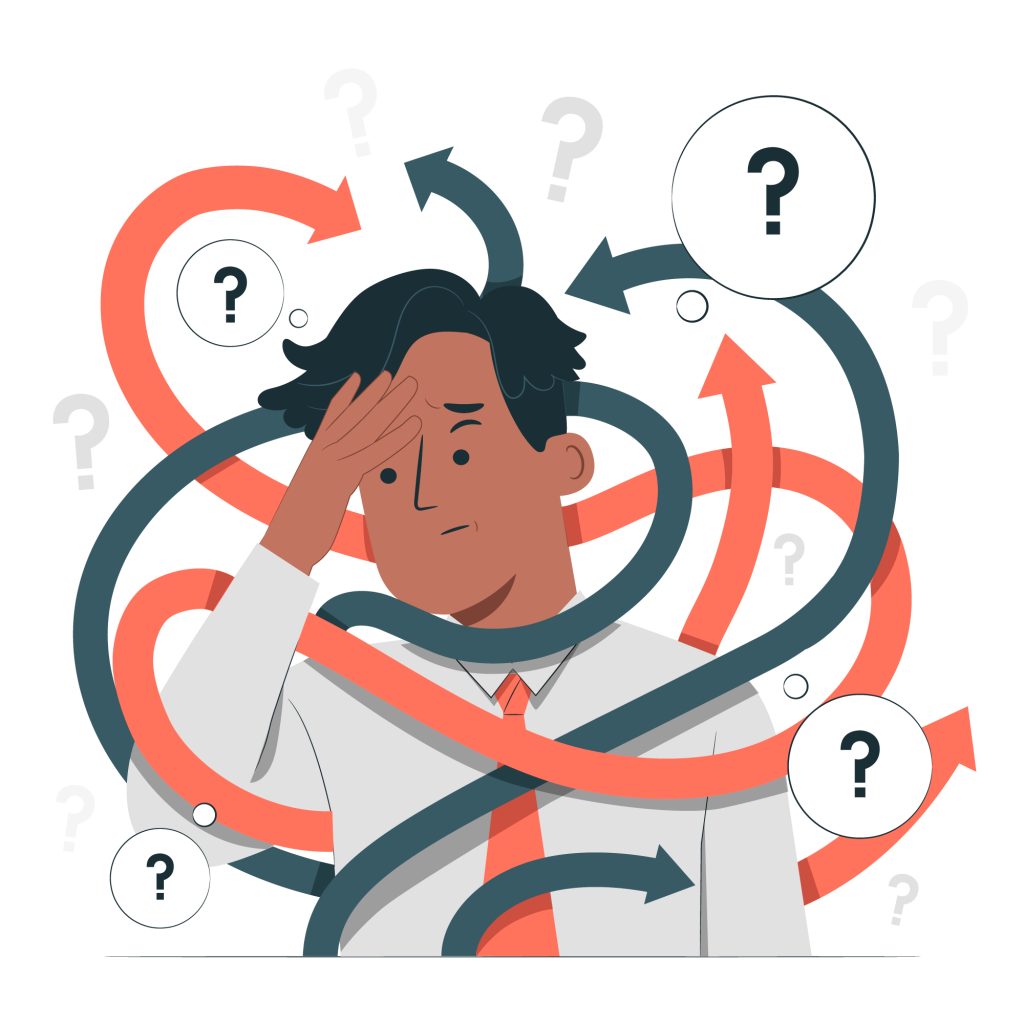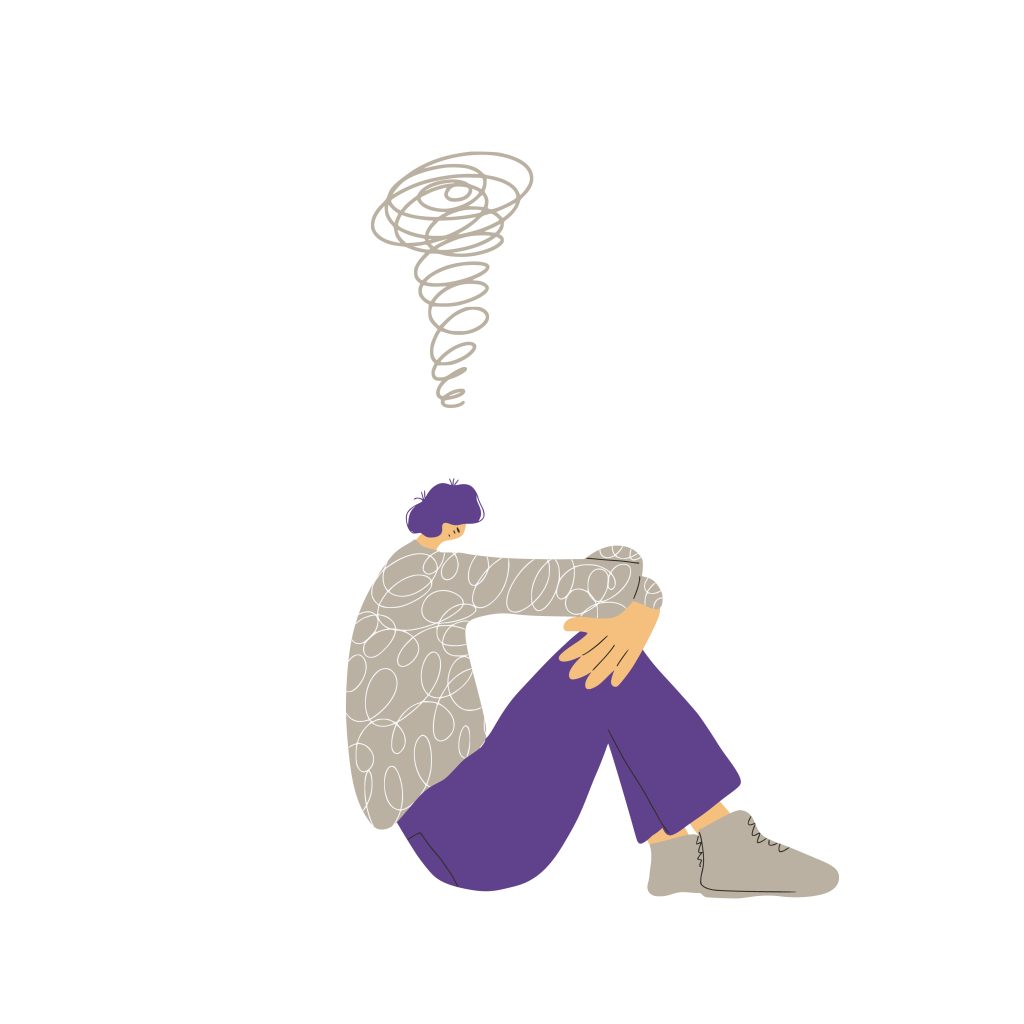- About
- Conditions We Treat
- Obsessive-Compulsive Disorder
- Diagnosis of Obsessive Compulsive Disorder
- Checking OCD
- Contamination OCD
- Emotional Contamination
- Existential OCD
- False Memory OCD
- Harm OCD
- Health Concern OCD
- Just Right OCD/Perfectionism
- Magical Thinking
- Postpartum and Perinatal OCD
- Pure O-OCD
- Relationship OCD
- Scrupulosity
- Sensorimotor/Somatic OCD
- Sexual Intrusive Thoughts OCD
- Sexual Orientation OCD
- Related Anxiety Disorders
- Related Anxiety Disorders
- Other Disorders
- Obsessive-Compulsive Disorder
- OCD Assessment
- Treatments
- Group Programs
- Resources
- OCD and Anxiety Therapy Approaches
- Acceptance and Commitment Therapy
- Anxiety Disorder Therapist
- Anxiety Cognitive Behavioral Therapy
- Body Dysmorphia Therapist
- Cognitive Behavioral Therapy
- Compulsive Disorder Treatment
- Dermatillomania Therapy
- Dialectical Behavioral Therapy
- Exposure And Response Prevention
- Mindfulness-Based Therapy
- Obsessive Compulsive Therapy
- Additional OCD and Anxiety Treatment Options
- OCD and Anxiety Therapy Approaches
- Locations
- Blog
- Contact
- About
- Conditions We Treat
- Obsessive-Compulsive Disorder
- Diagnosis of Obsessive Compulsive Disorder
- Checking OCD
- Contamination OCD
- Emotional Contamination
- Existential OCD
- False Memory OCD
- Harm OCD
- Health Concern OCD
- Just Right OCD/Perfectionism
- Magical Thinking
- Postpartum and Perinatal OCD
- Pure O-OCD
- Relationship OCD
- Scrupulosity
- Sensorimotor/Somatic OCD
- Sexual Intrusive Thoughts OCD
- Sexual Orientation OCD
- Related Anxiety Disorders
- Related Anxiety Disorders
- Other Disorders
- Obsessive-Compulsive Disorder
- OCD Assessment
- Treatments
- Group Programs
- Resources
- OCD and Anxiety Therapy Approaches
- Acceptance and Commitment Therapy
- Anxiety Disorder Therapist
- Anxiety Cognitive Behavioral Therapy
- Body Dysmorphia Therapist
- Cognitive Behavioral Therapy
- Compulsive Disorder Treatment
- Dermatillomania Therapy
- Dialectical Behavioral Therapy
- Exposure And Response Prevention
- Mindfulness-Based Therapy
- Obsessive Compulsive Therapy
- Additional OCD and Anxiety Treatment Options
- OCD and Anxiety Therapy Approaches
- Locations
- Blog
- Contact







